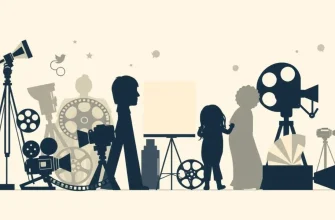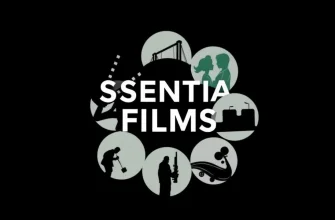Propaganda has been a powerful tool in shaping public opinion and influencing societal norms throughout history. This curated collection of films delves into various aspects of propaganda, from its use in wartime to its role in political manipulation. Each film offers a unique perspective on how propaganda can be both a weapon and an art form, providing viewers with insights into the mechanisms of influence and control. This selection not only entertains but also educates, making it invaluable for those interested in media studies, history, or simply the art of storytelling.
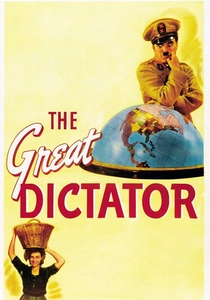
The Great Dictator (1940)
Description: Charlie Chaplin's satirical masterpiece mocks Adolf Hitler and the Nazi regime, using humor to expose the absurdity and danger of fascist propaganda.
Fact: Chaplin wrote, directed, produced, scored, and starred in this film. It was his first true sound film.
 Watch Now
Watch Now

The Manchurian Candidate (1962)
Description: A Cold War thriller where a soldier is brainwashed to become an unwitting assassin, exploring themes of political manipulation and mind control.
Fact: The film was remade in 2004 with Denzel Washington and Meryl Streep.
 Watch Now
Watch Now
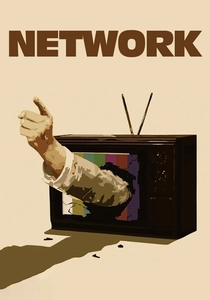
Network (1976)
Description: A satirical look at the television news industry, where a news anchor's on-air breakdown becomes a ratings bonanza, exploring media manipulation and sensationalism.
Fact: The film's famous line, "I'm mad as hell, and I'm not going to take this anymore!" became a cultural catchphrase.
 Watch Now
Watch Now
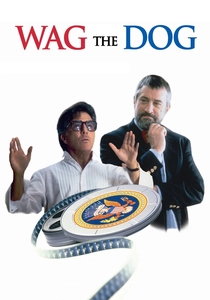
Wag the Dog (1997)
Description: This dark comedy explores how a political spin doctor and a Hollywood producer fabricate a war to distract from a presidential scandal, highlighting the manipulation of media.
Fact: The film was released just before the Monica Lewinsky scandal, eerily mirroring real-life events.
 Watch Now
Watch Now
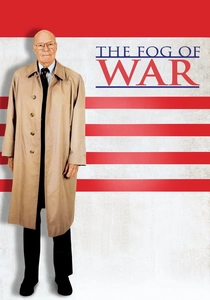
The Fog of War (2003)
Description: A documentary where former U.S. Secretary of Defense Robert S. McNamara discusses the Vietnam War, revealing the complexities of wartime propaganda and decision-making.
Fact: The film won the Academy Award for Best Documentary Feature.
 Watch Now
Watch Now

Good Night, and Good Luck (2005)
Description: This film dramatizes the conflict between journalist Edward R. Murrow and Senator Joseph McCarthy, focusing on the role of media in combating political propaganda.
Fact: The film was shot in black and white to evoke the era's television broadcasts.
 Watch Now
Watch Now
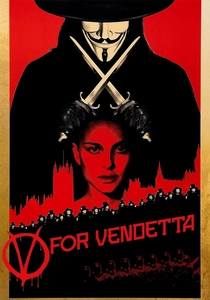
V for Vendetta (2005)
Description: In a dystopian future, a masked vigilante uses propaganda to inspire rebellion against a totalitarian regime, showcasing the double-edged sword of media influence.
Fact: The film's iconic mask has become a symbol of protest worldwide.
 Watch Now
Watch Now
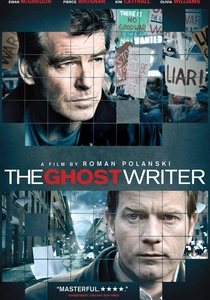
The Ghost Writer (2010)
Description: A ghostwriter uncovers dark secrets while working on the memoirs of a former British Prime Minister, delving into political intrigue and the manipulation of public perception.
Fact: The film was directed by Roman Polanski, who himself has been a subject of media scrutiny.
 Watch Now
Watch Now
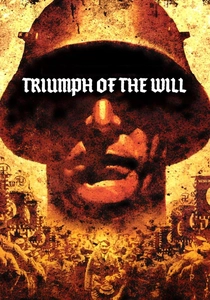
Triumph of the Will (1935)
Description: This documentary by Leni Riefenstahl glorifies the 1934 Nazi Party Congress in Nuremberg, showcasing the power of visual propaganda in promoting the Nazi ideology.
Fact: Riefenstahl's innovative filming techniques influenced documentary filmmaking, despite the film's controversial content.
 30 Days Free
30 Days Free
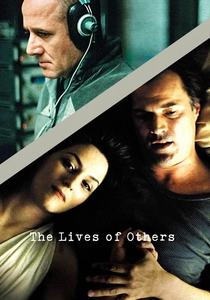
The Lives of Others (2006)
Description: Set in East Germany, this film examines the pervasive surveillance and propaganda used by the Stasi, showing the personal impact of state control.
Fact: The film won the Academy Award for Best Foreign Language Film in
 30 Days Free
30 Days Free



